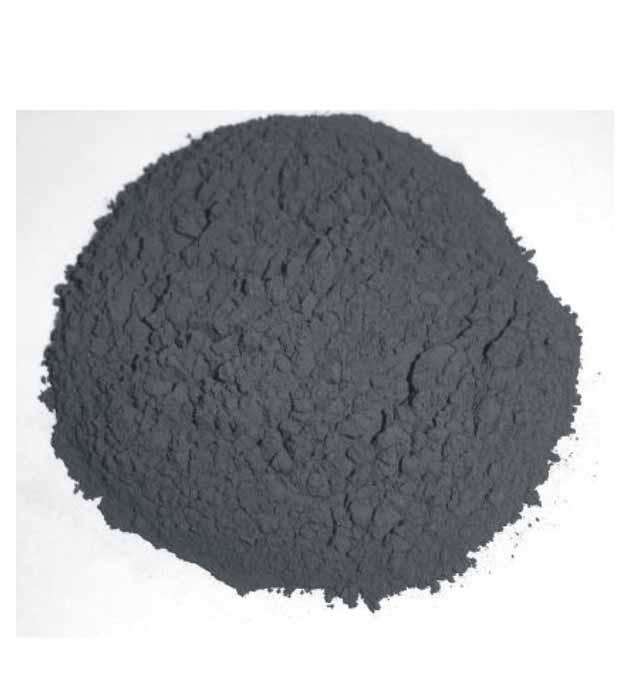Characteristics of titanium powder and its application as an additive

The particle shape of titanium powder is spherical, polygonal, sponge-like and flake-like, etc. The particle shape is related to the method of preparing titanium powder. The requirements for titanium powder generally include three aspects, namely purity, particle size and particle shape. Titanium powder particle size is divided into 4 grades, the particle size of 1000-50pm is coarse powder, 50-10pm is fine powder, 10-0.5pm is fine powder, and less than 0.5pm is ultrafine powder. The purity of titanium powder includes titanium content and impurity content. The purity of titanium powder is related to its particle size. For products of the same specification, the smaller the particle size, the lower the purity. Usually coarse titanium powder with titanium content greater than or equal to 99%, or close to 99% is called grade product (if it is titanium alloy powder, it should include alloy components), and products with less than this content are called foreign products. in the grade. Except for the requirements of special purposes, it is generally classified according to the oxygen content. That is, the lower the oxygen content, the better the quality and the higher the grade. Those with oxygen content less than 0.15% are high-quality titanium powder.
There are two ways to add titanium to aluminum alloys. One is to add intermediate titanium alloys, which are block-shaped and filamentous; the second is to add titanium additives, which is to add titanium elements; the third is to add refiners, which are specially refined. Casting structure, not alloying elements, is not subject to compositional analysis.
(1) Titanium additives. The titanium additive is to adjust the titanium content in the aluminum alloy. It is pressed into blocks or cakes with titanium plus aluminum powder or flux salts. Among them, the titanium powder content is 55%-75%, and the aluminum powder or flux salts are 45%-25%, which are put into the molten aluminum alloy as needed. If such additives use flux salts as ingredients, they should be careful not to absorb moisture or moisture. In fact, the flux salts in the product are useless. It is most suitable to add packaged pure metal powder.
(2) Titanium refiner. The element of titanium refiner in the alloy is not a component of the alloy, but an element that plays a role in refining the structure during the smelting and casting process. It is mixed with titanium powder and salt chemicals and then pressed into blocks or cakes for supply. There are generally three types of titanium content. 30%, 40% and 60%, at the same time add boron-containing salt (boron content is 1%, 2%, 3% or 4%), and the rest are prepared by adding NaCl and KC1. The market supplies products such as Ti40B4, Ti30B4, Ti30B3 and Ti60Bl.
Among more than 150 kinds of deformed aluminum alloys, about 120 grades are added with titanium, but the amount of addition is not much, between 0.02% and 0.4%. Among about 40 kinds of cast aluminum alloys, 13 grades are added with titanium, generally at 0.08%-0.35%. The main purpose of adding titanium is to refine the casting structure and weld structure, reduce the tendency of casting cracks and improve the mechanical properties. The effect of adding titanium is that titanium and aluminum form a compound TiAl, which acts as a non-spontaneous core and refines the casting structure when the aluminum alloy solidifies. Sometimes a small amount of B is added with Ti to form a TiB2 compound, which promotes the refinement of Ti.


